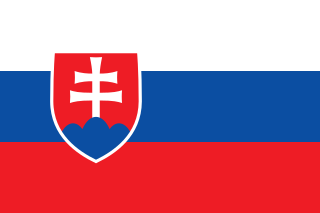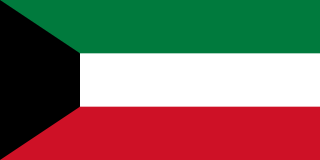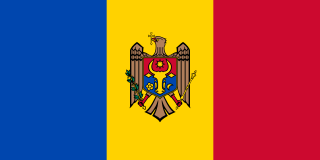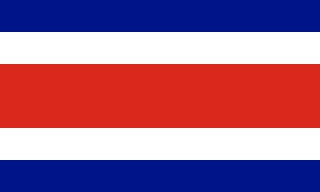
Corruption in the United States is the act of government officials abusing their political powers for private gain, typically through bribery or other methods, in the United States government. Corruption in the United States has been a perennial political issue, peaking in the Jacksonian era and the Gilded Age before declining with the reforms of the Progressive Era.

Corruption in Albania is a very serious problem. According to Global Corruption Barometer 2013, 66% of respondents indicated that level of corruption has increased in Albania.

Corruption in Switzerland describes the prevention and occurrence of corruption in Switzerland.

Levels of corruption in Luxembourg are generally said to be very low, and there a strong legal framework for combating corruption in the country. Surveys however indicate that a majority of the population believe political parties are either "corrupt" or "extremely corrupt."

Transparency International's 2023 Corruption Perceptions Index scored Germany at 78 on a scale from 0 to 100. When ranked by score, Germany ranked 9th among the 180 countries in the Index, where the country ranked first is perceived to have the most honest public sector. For comparison with worldwide scores, the best score was 90, the average score was 43, and the worst score was 11. For comparison with regional scores, the highest score among Western European and European Union countries was 90, the average score was 65 and the lowest score was 42.

In recent years, Montenegro has increased its efforts to implement preventive and legislative measures needed to curb corruption. For example, anti-bribery provisions in the Criminal Code, as well as laws on money laundering, conflict of interest, access to information, and political funding have all been strengthened, while awareness-raising activities and training of public officials in integrity standards have been intensified.

Corruption in Slovenia is examined on this page.

Corruption in Slovakia is a serious and ongoing problem.

On Transparency International's 2023 Corruption Perceptions Index, Peru scored 33 on a scale from 0 to 100. When ranked by score, Peru ranked 121st among the 180 countries in the Index, where the country ranked first is perceived to have the most honest public sector. For comparison with worldwide scores, the best score was 90, the average score was 43, and the worst score was 11. For comparison with regional scores, the highest score among the countries of the Americas was 76, the average score was 43 and the lowest score was 13.

According to several public surveys in Kosovo and reports from institutions such as the European Commission, levels of corruption and impunity among politicians are high.

Corruption in Kuwait is a problem resulting in political tensions in society.

The government in Moldova has in recent years taken several steps to fight corruption, including law enforcement and institutional setups. The prosecution of officials who are involved in corruption has also increased in recent years. However, businesses consider corruption a serious problem for doing business, and the business environment continues to be one of the most challenging in the region.

Corruption is a serious and growing problem for doing business in Nicaragua.

On Transparency International's 2023 Corruption Perceptions Index, Senegal scored 43 on a scale from 0 to 100. When ranked by score, Senegal ranked 70th among the 180 countries in the Index, where the country ranked first is perceived to have the most honest public sector. For comparison with worldwide scores, Senegal's score was also the average score in 2023; the best score was 90 and the worst score was 11. For comparison with regional scores, the average score among sub-Saharan African countries was 33. The highest score in sub-Saharan Africa was 71 and the lowest score was 11.

There are several sectors in Ethiopia where businesses are particularly vulnerable to corruption. Land distribution and administration is a sector where corruption is institutionalized, and facilitation payments as well as bribes are often demanded from businesses when they deal with land-related issues.

Corruption levels are perceived to be high by surveyed residents of Serbia, and public trust in key institutions remains low.

A general public survey on corruption from Transparency International shows that citizens perceive Bosnia and Herzegovina's political structures to be deeply affected by corruption. Two-thirds of citizens believe that the government's efforts to combat corruption are ineffective.

As of the early 2020s, Croatia has severe problems with systemic and political corruption. Among European Union member states, it is generally ranked as one of the five most corrupt states.

Corruption is low in Uruguay by regional standards. It has generally outperformed other Latin American countries frequently in corruption related international indexes.

Costa Rica generally has low corruption and is regarded as the least corrupt nation in Central America. Its anti-corruption laws are generally well enforced. However, there are persistent problems with high level corruption and most notably, every president who has taken office since 1990s has faced allegations of corrupt behavior.




















